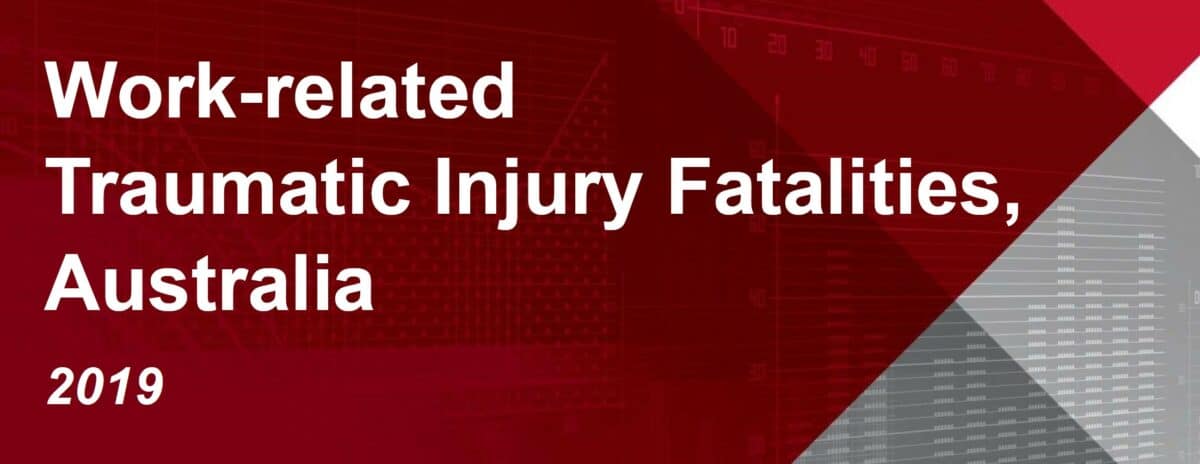Statistics are vital to any decisions about occupational health and safety (OHS). Safe Work Australia (SWA) does a great job providing statistical packages based on the data sources it can access. Last week SWA released its 2019 report on “Work-related Traumatic Injury Fatalities” which identified vehicle collisions as, by and large, the most common cause of worker fatalities. This category may be a surprise to many readers but perhaps the most important part of the report is what is omitted.
Category: gig economy
Hospitality survey shows the size of the hurdle to reform
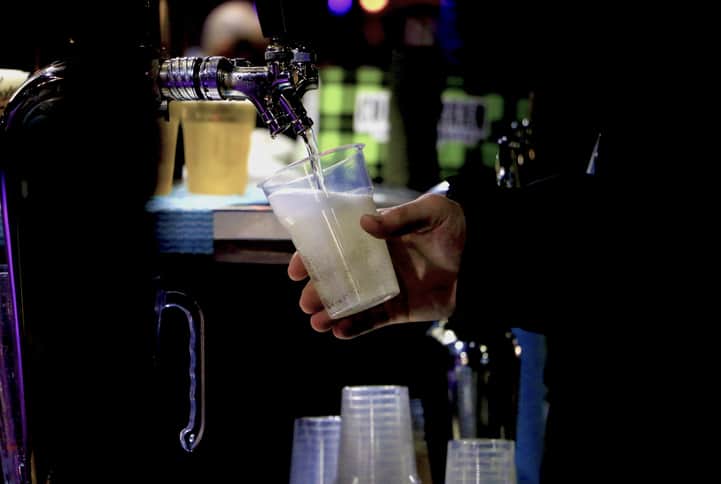
Hospo Voice, a trade union for Australian hospitality workers has released a report on a survey of more than 4000 workers between March and June 2020. #RebuildHospo: A Post-Covid Roadmap For Secure Jobs In Hospitality has all the limitations of other surveys done by members of an organisation rather than independent research but this report offers a framework for safe and decent work that reflects many of the occupational Health and safety (OHS) that SafetyAtWorkBlog has reported on.
The union claims that hospitality workers endorse four important work elements:
- Secure jobs,
- End to wage theft,
- Safe and respectful workplaces, and
- Justice for migrant workers
OHS has a thin presence in this report, mainly discussed in that third bulletpoint but an integrated analysis would show that OHS is involved with more of the elements.
Accusations of cover-up at Senate Estimates
Safe Work Australia also attended Senate Estimates late last month. COVID19 is an unavoidable focus but we learnt that the latest fatality report will be released early this month, obtained more details on the response to the Boland Report, heard more about the gig economy but the climax was accusations of a coverup with Senator Deborah O’Neill (ALP) saying:
“Minister Porter… influenced Safe Work Australia—how independent; running for cover!”
page 65, Hansard
Precarious Work, Pandemics and Australia’s Future – Let’s Not Forget the Link
This is a guest post by Michael Quinlan & Dr Elsa Underhill (links added).
In mid- August 2020 Victorian Premier Daniel Andrews labelled insecure work as toxic and argued a fundamental policy reset was required into the future. He stated:
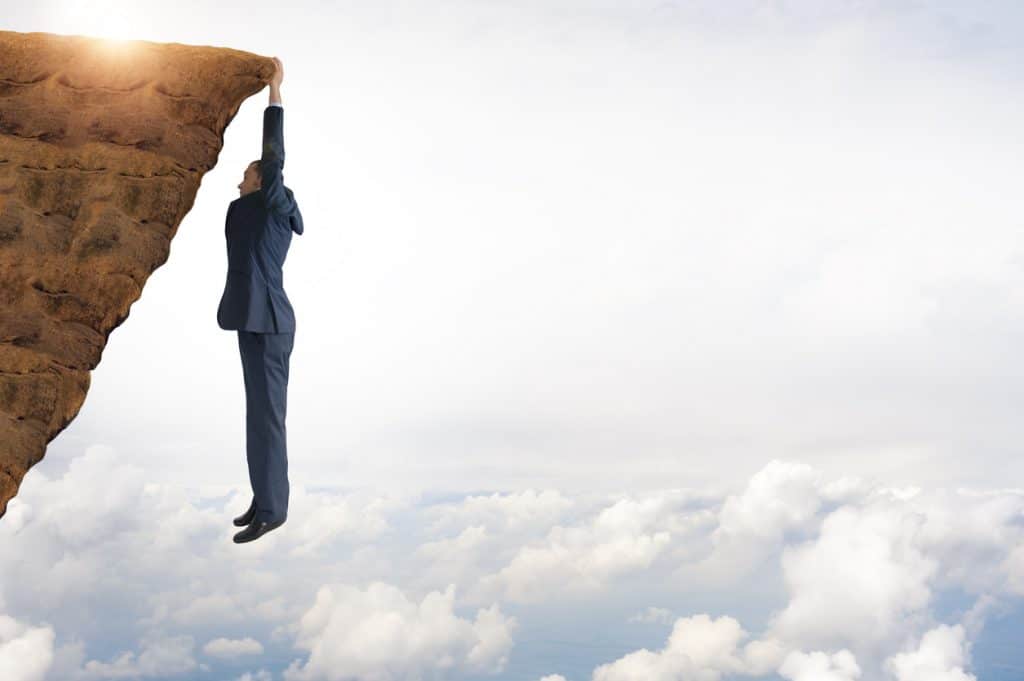
Insecure work is toxic. There is nothing good about insecure work, and when this is done, when this virus has been beaten, we will need to commit ourselves to do something really significant about it. It is no good for anything, for families, for a sense of security [and] for public health, for any purpose. We have a lot of people who work very hard but have no safety net to fall back on and that is just not something we should settle for .
(Guardian 16 August 2020)
The observation generated little publicity and was soon forgotten as the Victorian COVID outbreak caused deepening concern across the nation. But the first major Australian political leader to call precarious work for what it demonstrably was should start a long overdue public debate.
Continue reading “Precarious Work, Pandemics and Australia’s Future – Let’s Not Forget the Link”Is it time for a Department of Safety?

The COVID19 pandemic is a public health challenge but what happens when workplaces are integral to the control and spread of the virus? This overlap between public health and occupational health is complicated and unlikely to be resolved in the short term, however, it can fixed in the longer term. The crisis in the Australian State of Victoria (where this author lives) offers an example of this complexity, but also an opportunity for positive change, perhaps even, a Department of Safety.
“Soldier On” should be “F### Off”
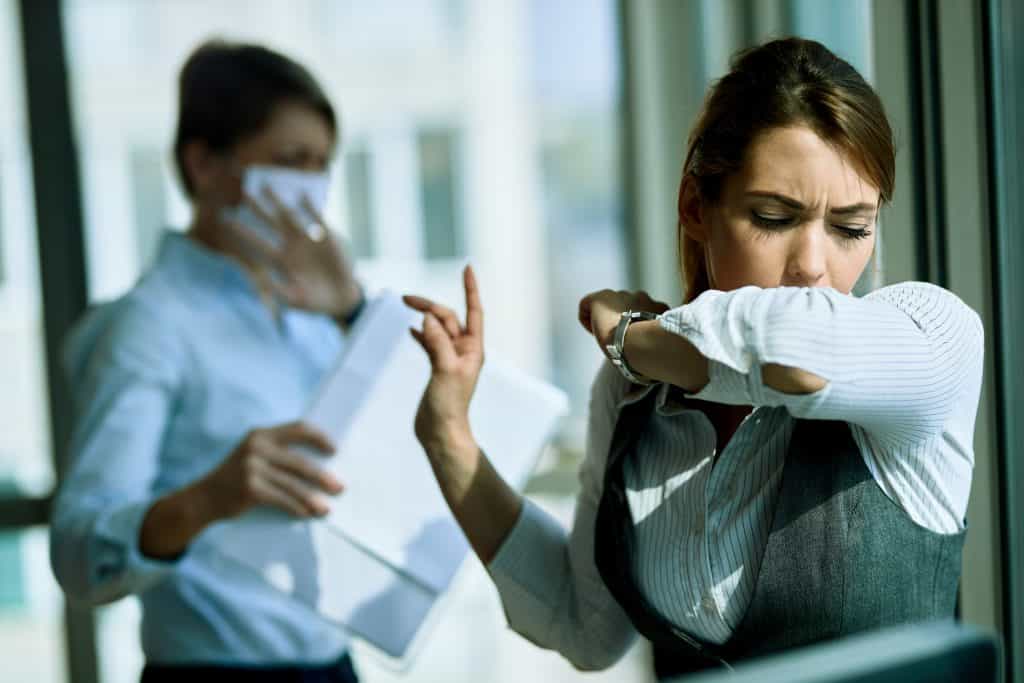
Many workers continue to work when sick. This is called presenteeism and in a time of infection pandemic, is a major problem. Many countries have addressed the COVID19 risks of presenteeism by requiring people to work from home if they can. In Australia, the message is not totally working with people ignoring the rules for various reasons.
However, presenteeism also has a deeper cultural and institutional origin that has been exploited by some and downplayed or ignored by others.
Continue reading ““Soldier On” should be “F### Off””Important gig economy report unlikely to affect change
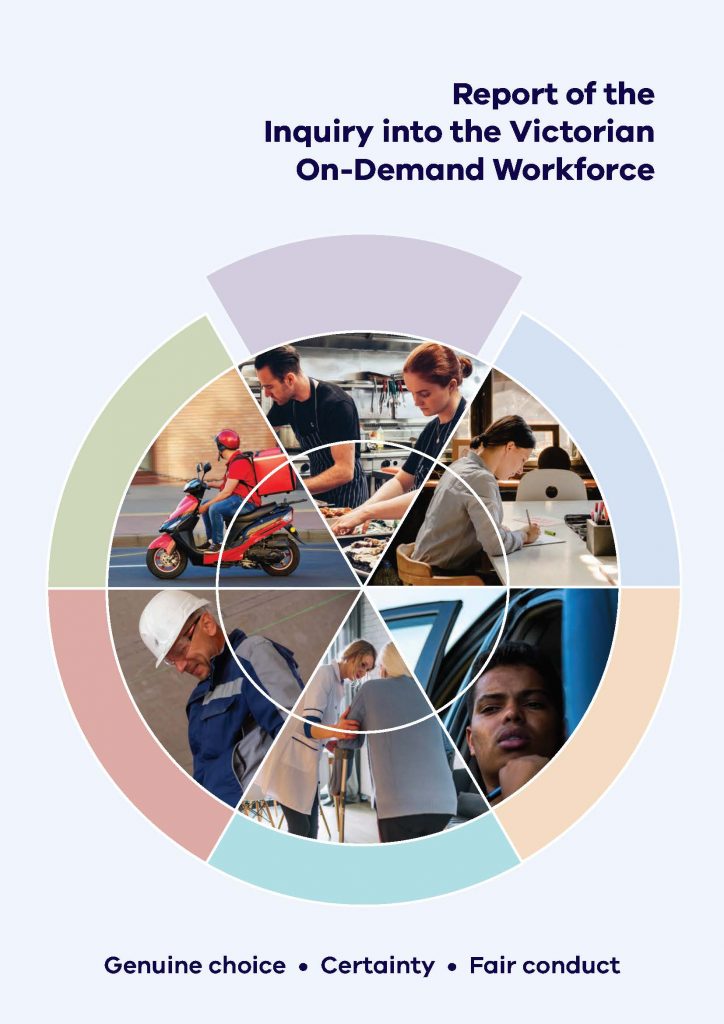
Then current coronavirus pandemic has disrupted workplaces around the world with those most effected being low socioeconomic sectors, including those working on a casual basis or in precarious, gig occupations. Last week the Victorian Government received the final report from its Inquiry into the Victorian On-Demand Workforce. This report is likely to be crucial in assisting the government to develop a safe and healthy strategy for the post-pandemic world of work.

